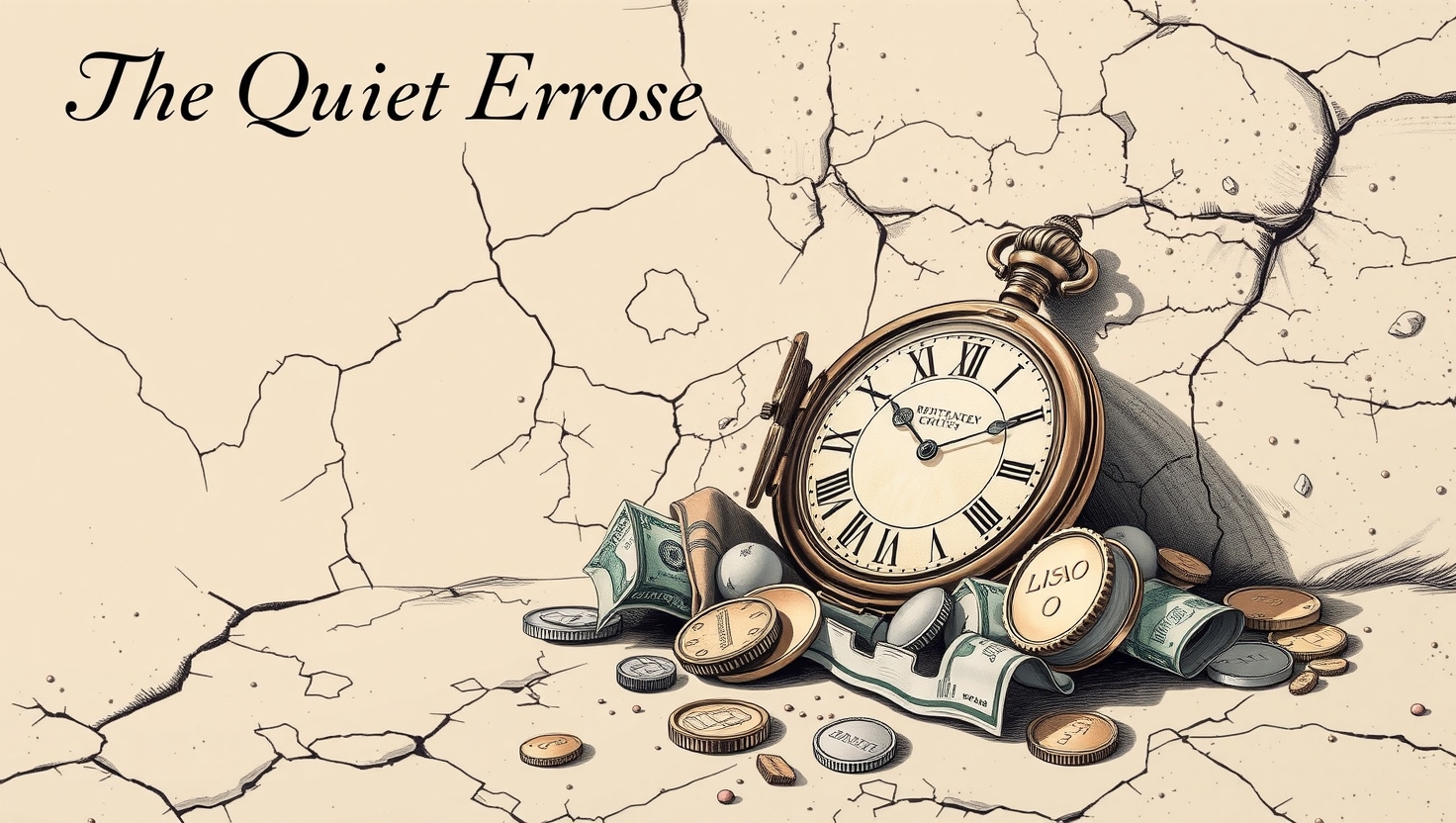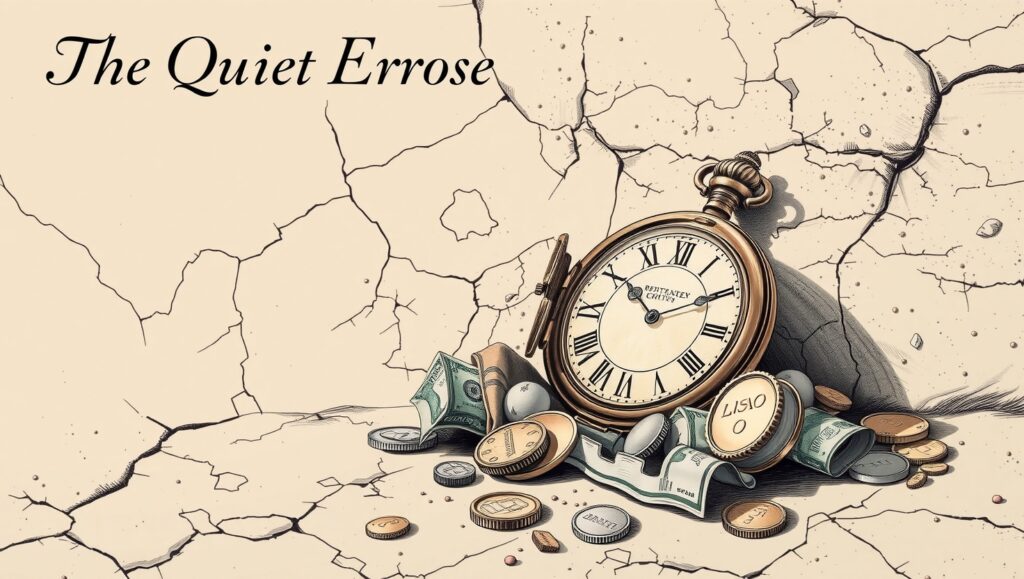The Quiet Erosion: How Inflation Affects Your Savings
Inflation is often described as an invisible force, silently shaping the economy and influencing our financial well-being. While it may not always make headlines, its impact on savings is profound, gradually eroding purchasing power over time. For those who diligently set money aside for the future, understanding inflation’s subtle effects is essential to preserving—and growing—wealth.

What Is Inflation, Really?
At its core, inflation represents the rising cost of goods and services over time. A moderate inflation rate (typically around 2% in many economies) is considered normal, but when prices rise faster than wages or investment returns, the value of money declines. What 100buystodaymaycost105 in a few years, meaning your saved dollars won’t stretch as far.
The Slow Drain on Savings
For savers, inflation poses a quiet challenge:
- Cash Savings Lose Value – Money kept in a standard savings account earning minimal interest may not keep up with inflation. If inflation is 3% and your account yields 1%, your purchasing power shrinks by 2% annually.
- Fixed-Income Investments Struggle – Bonds and CDs, often considered safe havens, may offer returns that barely match (or fall short of) inflation, leading to stagnation in real terms.
- Long-Term Goals Become More Expensive – Whether saving for retirement, education, or a home, rising prices mean you’ll need more money than originally planned.
Protecting Your Savings from Inflation
While inflation is inevitable, there are ways to mitigate its impact:
- Invest in Growth Assets – Stocks, real estate, and other appreciating assets historically outpace inflation over time, though they come with higher risk.
- Consider Inflation-Protected Securities – Treasury Inflation-Protected Securities (TIPS) adjust with inflation, helping preserve value.
- Diversify Your Portfolio – A mix of equities, bonds, and alternative investments can balance risk while combating inflation’s effects.
- Review Savings Rates Regularly – High-yield savings accounts or money market funds may offer better returns than traditional savings accounts.
A Mindful Approach to Saving
Inflation reminds us that saving alone isn’t enough—growth is essential. By staying informed and adjusting strategies over time, savers can navigate inflation’s quiet erosion and secure their financial future with confidence.
The key lies not in fear, but in awareness and thoughtful action. After all, the best way to combat an invisible force is to see it clearly—and plan accordingly.


